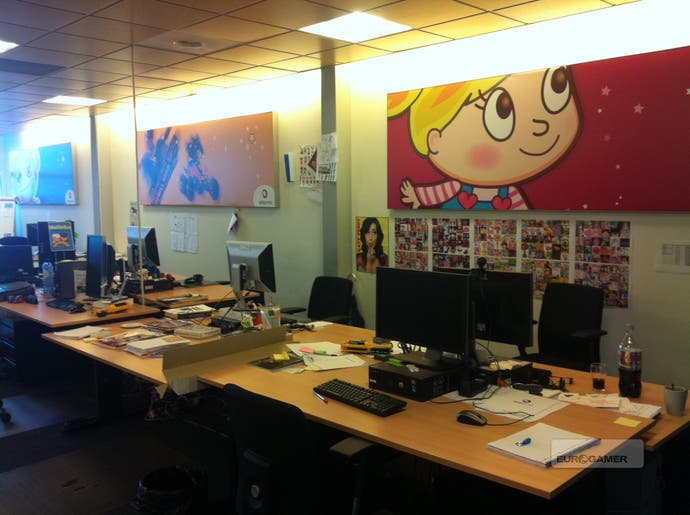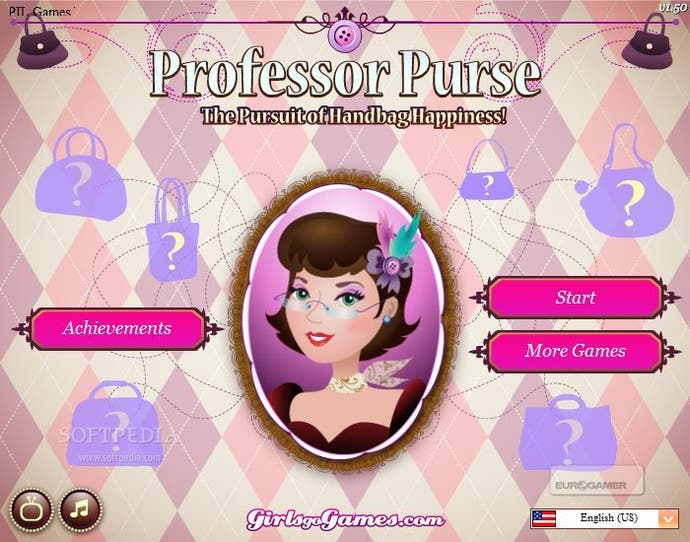Smart Casual?
Meet Spil, the Dutch publisher with an audience larger than Nintendo's.
Spil was formed in 2000, but didn't begin publishing web games until 2004, when the company was offered the chance to buy a Dutch casual gaming portal. Driessen tweaked a few ways the portal worked and, as a result, saw an unprecedented explosion in growth.
"Holland had one of the first great broadband penetrations in the world," explains Driessen. "So we had the chance to see how huge web gaming was going to be ahead of many other companies around the globe. We moved fast and in 2005 purchased a huge number of game-related domain names in different territories."
This virtual land grab was limited to European countries at first, but in 2007 Spil received some venture capital money and decided to invest it in becoming a global player, buying up more expensive domains such as games.co.uk, and buying smaller development studios around the world who would build the game content for Spil's portals.
Today, the company's most popular games are unknown in the mainstream gaming world. But titles such as Bubble Shooter and Uphill Rush have enjoyed close to half a billion plays in the past 12 months, a staggering figure that dwarfs even the most successful console releases.

Part of the reason for the anonymity of these huge properties in the mainstream game industry is the lack of audience crossover. While specialist game sites and magazines are primarily aimed at older male teens and men, Spil is focused almost entirely on younger children, teens and their mums. I ask Driessen if he has any ambitions to serve the more traditional, hobbyist gaming audience.
"Why would we want to do that?" he says. "We currently serve now around 60 to 70 per cent of the world's population. That's broad enough for us."
Throughout the interview, Driessen refers to Spil being in the "casual gaming" business. I challenge him that, in a cultural landscape where I can play Zoo Keeper on my iPhone on the train home to play Street Fighter IV on my Xbox 360, the traditional definitions of 'casual' and 'hardcore' are surely outdated. What is a 'casual' game, even?

"A casual game is one that is easy to play but hard to master," he immediately answers. "You mostly play them in short time bursts - 15-20 minutes. We call it a snack: you play it while at work or home, in the evening to forget about something."
But is it not possible for one person to be a 'casual' Demon's Souls player and another to be a 'hardcore' Peggle enthusiast? Is the term not more applicable to the player's mind-set than a particular type of game design?
"Not so much in terms of our output," he explains. "We don't really have any players spending huge amounts of time on one of our games in a single burst. They are usually playing for 20 minutes at most. But what we find is that we see that they may come back very regularly, every day or every two days."
Driessen is understandably proud of the popularity of his company's games. But while everyone I meet from the company falls over themselves to talk audience numbers, few seem so eager to discuss the quality of the games themselves. After all, 200 million plays of a free web game isn't quite so impressive if every one of those players had a miserable time and closed the browser after 60 seconds.
